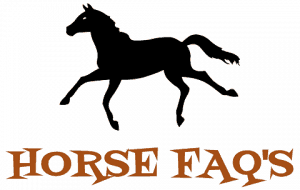Life is like a great big puzzle. Finding the right pieces and fitting them together can be challenging, but ultimately very rewarding. When it comes to finding cheap farmland, the process can feel much like trying to complete a jigsaw puzzle without all of the necessary pieces. But, with a bit of research and careful consideration, it is possible to find that perfect plot of land at an affordable price. In this article, we will explore how to look for cheap farmland in order to help you get started on your journey towards agricultural success.
The quest for cheap farm land begins with understanding what exactly it is you’re looking for. Before setting out on your search, take some time to consider what type of farming activities you’d like to do, as well as how much land you’ll need in order to carry out those activities efficiently and effectively. Once you have a clear idea of what you want out of your farmland purchase, then you can begin researching potential properties that meet your criteria.
The next step is to determine how much money you are able and willing to spend on farmland property and research different financing options available to help make the purchase more manageable and affordable. At this point you’ll also want to familiarize yourself with local zoning laws and other regulations that may affect both the cost of the property as well as what types of farming activities are allowed on the land once purchased. With these crucial elements in mind, you will be ready start your search for cheap farmland with confidence!
Research Property Types And Prices
When looking for cheap farmland, research is key. Property types and prices can vary significantly depending on the specific area, so it’s important to know what type of land you’re looking for and how much you are willing to pay for it.
Start by exploring the different types of land available in your desired area. Consider factors such as acreage, zoning restrictions, soil quality, topography and access to amenities like water or electricity. You’ll also want to look into local regulations that may affect property ownership.
It’s also a good idea to find out what price range is typical for the kind of land you’re looking for. Compare recent sales of similar properties in the same area and see if there are any bargains or discounts available from sellers who may be motivated by a quick sale. This will help you narrow down your search and give you an idea of what kind of budget you need to work with. With this information in hand, you’ll be able to identify suitable locations that fit your needs and budget.
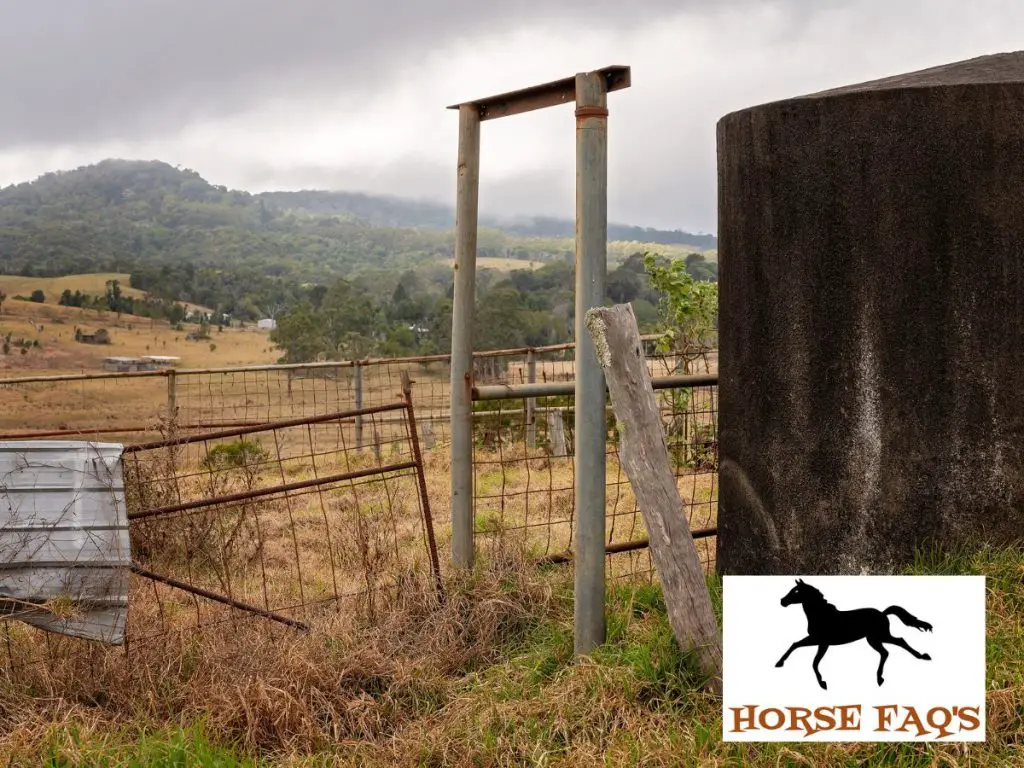
Identify Suitable Locations
Modern technology has made it easier than ever to search for affordable land, but the process is still a daunting one. Step two is to identify suitable locations that match your budget and needs. Here’s how:
- Use online resources such as Zillow and Trulia to explore various areas and neighborhoods in your target area.
- Research local zoning, tax, and development regulations to make sure you’re not investing in an area with prohibitive ordinances or restrictions.
- Take into account any environmental concerns that may affect the property value or usability in the future.
- Assess the potential yield of the land by studying crop categories, soil types, and other factors that contribute to successful farming operations.
Before making a purchase decision, it’s important to consider all of these elements in order to make an informed decision on where you want to invest. Additionally, it’s critical to understand local regulations that could impact your investment before signing a contract or closing any deal.
Consider Local Regulations
Before you start looking for cheap farmland, it’s important to consider the local regulations. Different areas have different rules and laws in place that can affect how much you pay for a piece of land, as well as what you can do with it once it’s yours. To make sure you’re getting a great deal on your land purchase, here are a few things to keep in mind:
• Become familiar with zoning regulations, which dictate what kind of activities are allowed on the property and the types of structures that can be built.
• Check if there are any restrictions or easements in place that could limit what you can do with the land.
• Research any taxes or fees associated with purchasing property in the area.
• Look into building permits and other paperwork that may be required before construction begins.
By understanding regional laws and regulations, you will be better prepared to make an informed decision regarding your farmland purchase. Knowing these details upfront can save time and money down the road, so take your time when researching local policies. After considering local regulations, it’s time to move on to consulting with real estate agents who have experience in the area…
Consult With Local Real Estate Agents
When looking for affordable farmland, consulting local real estate agents can be an invaluable resource. For example, when Paul was looking to purchase land in rural Wisconsin, he consulted with a local real estate agent who had years of experience helping farmers find their perfect piece of land.
The agent provided Paul with valuable insight into the local market and gave him advice on what type of acreage would best suit his needs. They also discussed potential problems that might arise with certain properties, such as flooding or soil erosion. This helped Paul make an informed decision about which property to purchase.
The real estate agent also connected Paul with other resources he might need to secure financing or apply for government grants and subsidies. With their help, Paul was able to find the perfect piece of land at a price that fit his budget.
Now it’s time to determine what you’re willing to spend on your piece of farm land and get the ball rolling on your search for the perfect acreage.
Determine Your Budget
It is estimated that nearly 4 million people in the United States own farmland, and this number continues to rise. If you’re looking for an affordable way to purchase a piece of rural paradise, there are several key steps to consider. The fifth step is determining your budget.
When deciding on your financial plan for purchasing farmland, it’s important to take into account any existing debt you may have as well as any potential risks associated with the purchase. You’ll also want to factor in the cost of repairs or renovations if those are necessary. Additionally, you should look into different financing options available, such as grants or loans from government agencies or private lenders.
It’s essential to carefully consider all aspects of your budget before committing to buying a particular property, so that you can ensure you’re making a sound investment that fits into your overall financial goals. After finalizing your budget and researching what properties are available in your price range, it’s time to move forward with inspecting the available properties.
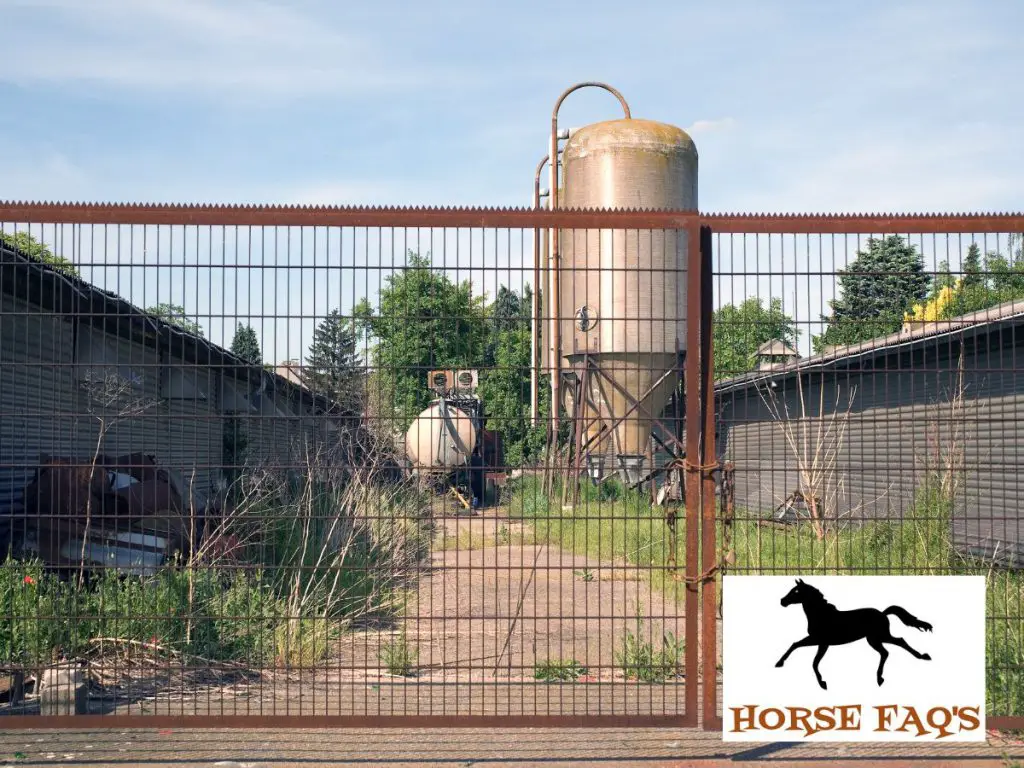
Inspect Available Properties
Once you have determined your budget for buying cheap farmland, the next step is to inspect available properties. Visiting potential sites in person is the best way to assess a property and ascertain if it fits your requirements. When inspecting a property, make sure to consider factors such as soil composition, drainage, access and other features that may influence its value. You should also look at the surrounding environment, including nearby roads and utilities, to determine if the property is suitable for farming purposes.
It’s important to remember that properties may not always look as good in person as they do on paper – so don’t be afraid to ask questions. Ask about any zoning restrictions or potential issues with the land before you commit to buy it. It’s also worth bearing in mind that some of these inspections can be expensive or require specialist knowledge that you may not have access to. That’s why it pays to do your research beforehand and narrow down options before visiting each site in person.
Taking all these factors into consideration will help ensure you make an informed decision when choosing a cheap farmland option. With this information in hand, you are now ready to explore financing options for purchasing your desired property.
Explore Financing Options
Exploring financing options for buying cheap farmland is like finding a needle in a haystack. It’s likely to be difficult and time consuming, but the rewards of success can be very rewarding. Here are four steps you can take to make the task easier:
- Research existing loans and grants offered by local, state and federal agencies.
- Connect with local lenders who specialize in agricultural loans.
- Ask family members and friends if they know of any loan programs or lenders.
- Consider tapping into an online loan marketplace or crowdfunding platform for agricultural projects.
In addition to these steps, it’s important to understand the details of any loan you might secure – from the interest rate, to repayment terms, to its potential impact on your credit score. Taking the time to understand what you’re getting into will help ensure that you make the best decision possible for your finances and your future as a farm owner. With that done, it’s time to move onto the next step – performing a title search on any property you’re considering buying.
Perform A Title Search
Once you have found some potential options for cheap farmland, the next step is to perform a title search. This is an important step in the process of buying property, as it will uncover any legal issues or claims that could affect your ownership rights. A title search includes reviewing all documents related to the property and can reveal whether there are any liens, unpaid taxes or other outstanding debts on the property. It’s also important to make sure that all parties listed on the deed are legitimate owners.
If you’re working with a real estate lawyer or professional, they can handle this part of the process for you. Otherwise, you can do a title search yourself through your local land records office or with an online service provider. Regardless of how you choose to go about it, it’s important to be thorough and get all the information necessary before proceeding with your purchase.
The title search will provide key insights into whether a particular piece of cheap farmland is worth pursuing further. By taking this step, you will be able to make an informed decision about whether investing in this property is right for you.
Consider Additional Costs
When looking for cheap farmland, it’s important to consider additional costs that may come with the purchase. These can include property taxes, development costs, and maintenance expenses. It’s essential to factor in these costs when making a decision about the land.
Researching zoning regulations is also important as they can affect what you’re allowed to do with the land. In some cases, it might be possible to negotiate for lower property taxes or to get a tax break for developing the land. It’s worth exploring these options if you’re looking for ways to make the farm more affordable.
Finally, be sure to talk with local farmers who have experience in the area. They’ll be able to provide valuable insight on any hidden costs associated with the property and potential opportunities that could save you money in the long run. With this information in hand, you’ll be ready to move forward and negotiate the purchase price of your new farm.
Negotiate The Purchase Price
Picture yourself standing in an open field of lush, green grass that extends as far as the eye can see. You’re captivated by the beauty of the land and enamored with the possibilities it holds for you. So, you’ve narrowed down your search and you’re ready to buy a piece of cheap farmland. But before you sign on the dotted line, there are still a few more steps to take—negotiating the purchase price is one of them.
Negotiating the purchase price is a key step to finding cheap farmland. Here’s what to keep in mind: • Know your budget: Before negotiations begin, it’s important to know exactly how much money you have available for your purchase. • Research comparable prices: Find out what similar pieces of farmland have sold for recently in your area so that you can make an informed negotiation. • Make an offer: When it comes time to negotiate your purchase price, don’t be afraid to make an offer below asking price—but be prepared to explain why you think that amount is fair. • Listen: Pay close attention to what the seller has to say during negotiations and be sure to consider their point-of-view when making decisions about price.
Once you’ve reached an agreed-upon amount that works for both parties involved, then it’s time to move forward with signing and closing on your new property! With some savvy negotiating skills and knowledge of the marketplace, finding cheap farmland doesn’t have to be a daunting task.
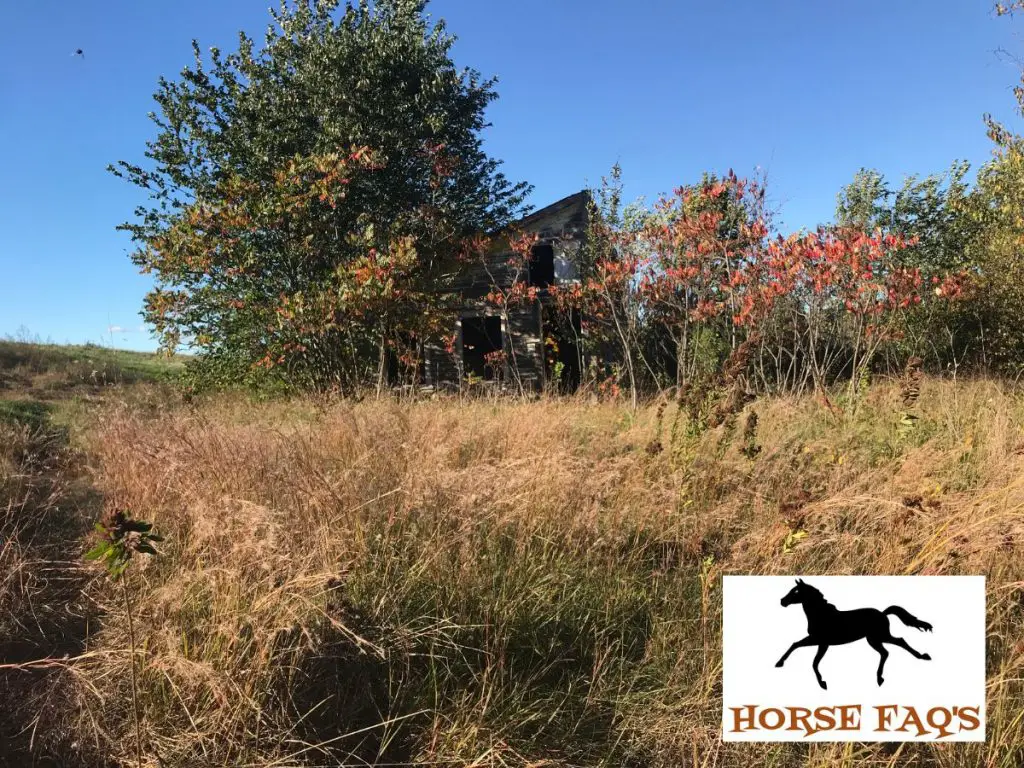
Frequently Asked Questions
What Is The Best Way To Find Cheap Farm Land?
Finding cheap farm land can be a daunting task. An illustrative example is the case of Joe and Jane, who were looking for affordable farmland in their local area. After months of searching, they finally stumbled upon a piece of land that seemed to fit all of their criteria – it was within their budget and had the right amount of space.
The best way to find cheap farmland is by doing research online. By taking the time to look through listings on websites such as Craigslist or eBay, you can often come across great deals that wouldn’t have been available elsewhere. Additionally, there are several online forums dedicated to agricultural topics where people post about their experiences with buying farmland at a lower price than market value. Visiting these sites regularly is a great way to stay up-to-date with what’s available in your area.
In addition to researching online, another effective strategy for finding cheap farmland is speaking with local farmers in the area. Talking with people who already own farms can provide valuable insight into which areas may be more affordable than others, as well as tips on how best to approach negotiations when buying a plot of land. Furthermore, these conversations can open up possibilities for collaboration and shared resources that could help make operating a successful farm much easier in the long run.
What Type Of Soil Is Best For Farming?
The earth is a canvas, stretching out with infinite possibilities. It can be the source of abundant food and sustenance or the foundation of an ever-growing city. But to truly reap its potential, one must know what type of soil is best for farming.
Soil is made up of living things and mineral particles, which provide plants with the nutrients they need to grow. Depending on its composition, it can range from highly fertile black loam to clay that barely retains moisture. By understanding the makeup of your soil, you can decide which crops will thrive in your area and which agricultural practices are most suitable.
When considering soil for farming, pH levels play a crucial role. This acidity or alkalinity determines how well certain plants will absorb nutrients from the ground. Low pH levels make it difficult for some vegetables to absorb iron and zinc, while high pH levels can cause nutrient deficiencies in other vegetables like broccoli and spinach. Additionally, sandy soil holds less water than clay-based soils so irrigation may be necessary if you have a large crop to water regularly.
Farming is an art form that requires knowledge and skill – but when done correctly can yield results that are both bountiful and beautiful. Understanding your soil’s characteristics is essential if you want to maximize your land’s potential and ensure healthy crops year after year.
What Are The Tax Implications Of Purchasing Farm Land?
Purchasing property is no small endeavor, so it’s important to consider the tax implications of buying farmland. Figuratively speaking, it pays to understand the rules of the game before you take your first move.
The most common taxes associated with farmland are capital gains taxes. These taxes are triggered when a property is sold at a profit. The rate at which they are applied varies between different states, but they can be significant and should not be overlooked. Additionally, when purchasing farmland, you may also be subject to other types of taxes such as real estate transfer taxes or local zoning laws that could affect how much money you will have to pay in the end.
It’s also important to research any potential tax breaks or incentives available for buying farmland in your area. Many states have programs designed to make it easier for people to purchase and develop agricultural land, so finding out what kind of support you can get from your local government can be helpful in keeping costs down. Understanding these financial implications ahead of time is key to making sure you get the best deal possible on farmland.
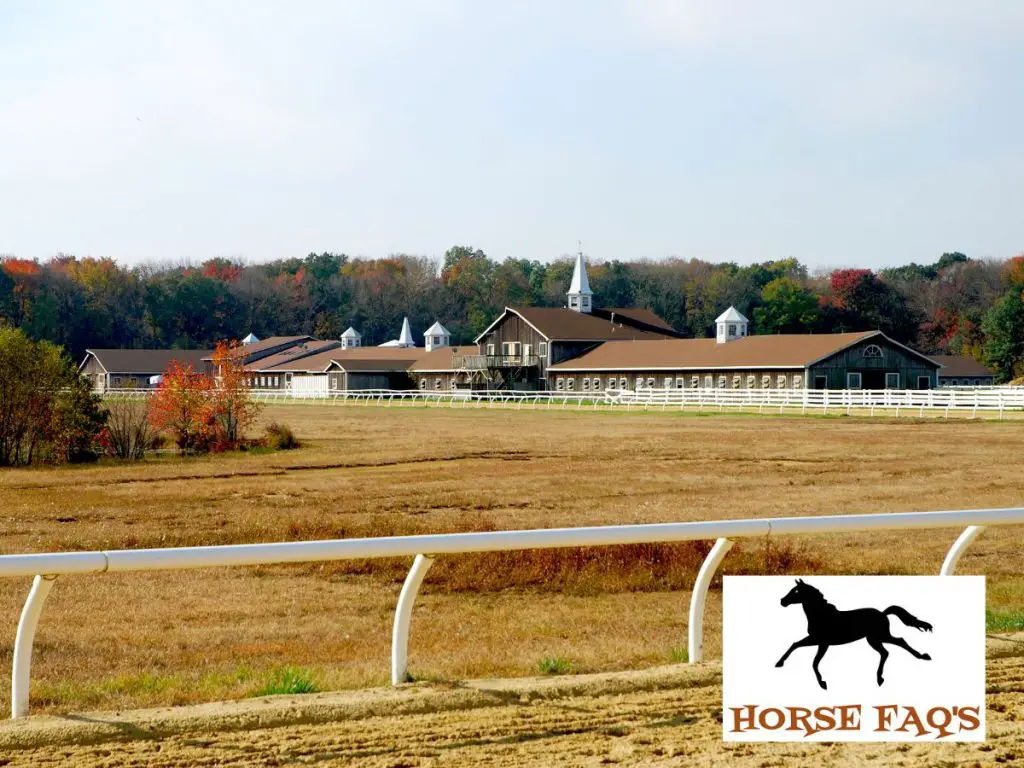
What Is The Average Amount Of Acreage Needed To Be Successful In Farming?
Farming is a vital part of life and culture, providing us with food, products, and jobs. It’s no wonder that people are interested in purchasing farm land when they have the means to do so. But before taking the plunge, it’s important to know what kind of acreage you’ll need to be successful.
For example, one family may find that five acres is enough for their goals while another will need 20 or even more. For those who want to make a living off their farm, it’s best to err on the side of caution and purchase more acreage than you think you’ll need. Consider factors such as the type of crop grown, soil quality and fertility, equipment used, local market prices for crops, and how much labor will be required.
It’s also important to remember that land prices vary depending on location and other factors like zoning restrictions or if there are any existing structures on the property. If you’re looking for cheap farmland, research your options carefully and compare prices across different locations.
TIP: Don’t forget to factor in maintenance costs! Even if you find a great deal on land initially, ongoing upkeep can really add up over time. Make sure your budget allows for these expenses so that you don’t end up overspending in the long run.
Is It Cheaper To Lease Or Buy Farm Land?
Statistics show that the cost of farmland has increased dramatically over the last ten years. This has led many people to wonder if it’s cheaper to lease or buy farm land. To answer this question, we need to consider a few key factors.
When it comes to leasing land, you must factor in the annual rent and any additional fees charged by your landlord for services like repairs or maintenance. You also need to consider how long you want the lease to be; short-term leases usually require a higher rental payment than long-term leases. Buying land requires an upfront investment but can often save money in the long run due to its lower carrying costs, such as insurance or taxes.
The decision of whether to lease or buy farm land is ultimately up to you and depends on your individual situation. If you’re looking for a short-term solution and don’t have the capital for a large upfront purchase, then leasing may be right for you. However, if you plan on staying on your farm for several years, buying may make more financial sense in the end.
Conclusion
Finding cheap farm land can be a daunting task. It is important to understand the type of soil needed for farming, the tax implications of purchasing land and the amount of acreage needed to be successful. Leasing or buying farm land also affects how much money must be spent on acquiring it.
When looking for cheap farm land, buyers should do their research and take advantage of any deals that come their way. Knowing what kind of soil is best for farming, understanding the tax implications and researching the average amount of acreage needed are all important steps in finding suitable and affordable property. It may also be beneficial to consider leasing options as this may offer a more cost-effective solution than buying outright.
Ultimately, it takes time and effort to find cheap farm land but with patience and perseverance, a great deal can be found. As they say “Rome wasn’t built in a day” so don’t expect to find an amazing deal right away – keep searching until you find exactly what you need at a price you can afford!
